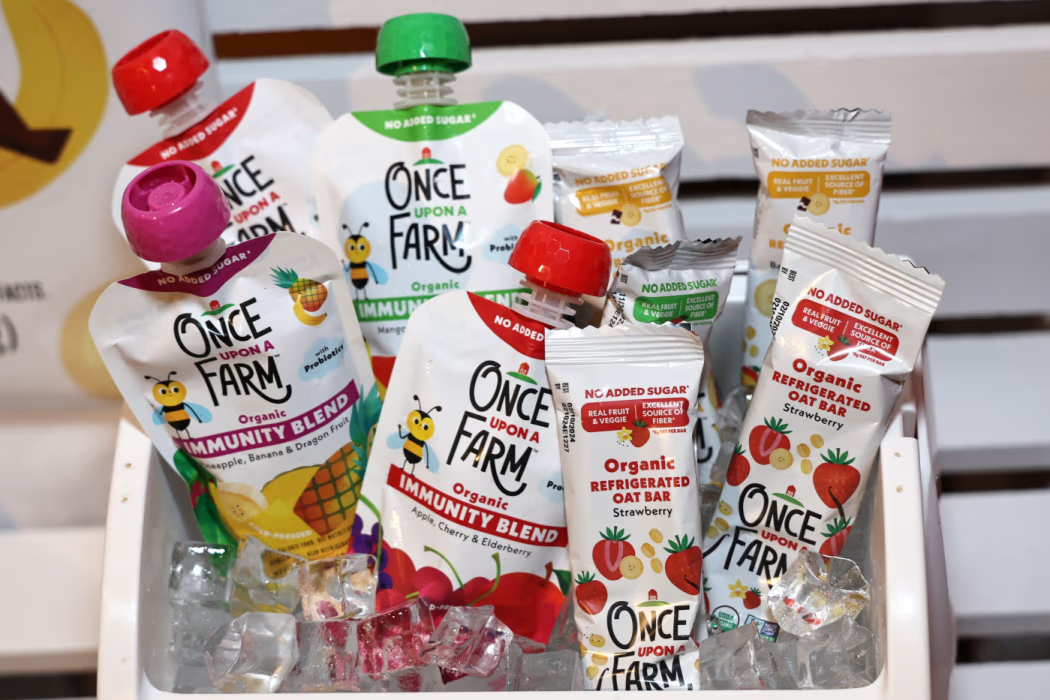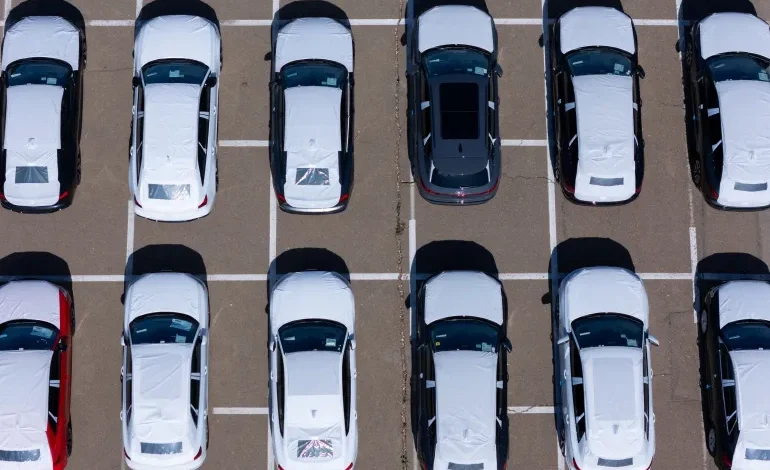The US auto industry is bracing for significant changes following President Donald Trump’s imposition of new tariffs on imported vehicles and auto parts, Al Jazeera reports.
A 25 percent tariff on foreign-made cars took effect on April 3, with additional duties on imported auto parts scheduled to begin May 3.
President Trump and several allies have urged consumers to “buy American” as a way to avoid the effects of the tariffs. Speaking to NBC News in late March, Trump said he welcomed the idea of higher prices for foreign cars, arguing it would steer consumers toward domestically made options.
“We have plenty,” he said, referring to American-made vehicles.
Similarly, Ohio Senator Bernie Moreno and Fox News host Jesse Watters echoed the sentiment that the solution lies in purchasing US-manufactured cars. However, industry experts suggest that the issue is more complex.
According to research by Cox Automotive, the new tariffs are expected to affect a wide range of vehicles, including many that are not typically seen as foreign luxury models. Their analysis shows that nearly 80 percent of cars priced under $30,000 will be impacted by the tariffs. This includes models like the Honda Civic, Chevy Trailblazer, and even some versions of the Toyota Corolla.
A major point of contention is the definition of an “American-made” vehicle. While many cars are assembled in the US, they often rely heavily on imported parts. Daniel Ives, a senior equity analyst at Wedbush Securities, said:
“The concept of an American-made car with all parts from the US is a fictional tale.”
For example, the Ford F-150—one of the most iconic American trucks—contains only about 45 percent US or Canadian-made parts by value. The Tesla Model Y is somewhat higher, at 70 percent. On average, US-assembled cars include around 50 percent imported parts, according to data from the National Highway Traffic Safety Administration (NHTSA).
Though the US-Mexico-Canada Agreement (USMCA) exempts many parts from Mexico and Canada from tariffs, experts caution that not all imported components qualify under the agreement’s rules. Moreover, many essential auto parts come from countries like China, Japan, South Korea, and Germany, which are not exempt.
Adding to the complexity, existing US tariffs on steel and aluminum are already pushing up production costs, even for vehicles made largely with domestic components.
“They just aren’t oversimplifying things—they are outright lying,” said Jason Miller, a professor of supply chain management at Michigan State University.
He referred to claims that US-built vehicles will avoid all tariff-related cost increases.
The Wall Street Journal reported that even companies like Ford, which manufactures most of its US-sold vehicles domestically, could see significant price hikes. Components such as wheels and alternators may still be subject to the new duties, potentially adding thousands of dollars to vehicle costs.
As the industry adjusts, analysts expect a ripple effect. Even American-made cars with fewer imported parts could see price increases as competition narrows and manufacturers capitalize on the gap left by more expensive foreign models. According to economist Gary Hufbauer, US producers may increase prices by “40 cents on the dollar” compared to foreign car price hikes.
Cox Automotive has projected a 10 to 15 percent price increase for many vehicles directly affected by the tariffs, with at least a 5 percent rise expected for others. They also warn of possible production disruptions this summer as supply chains realign.










The latest news in your social feeds
Subscribe to our social media platforms to stay tuned